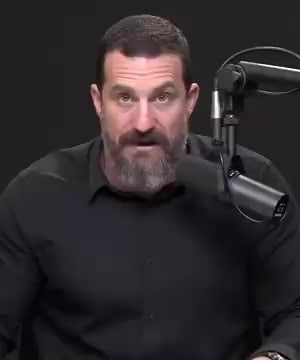Does testosterone affect fertility?
Sources:
Testosterone can significantly affect fertility, particularly through the use of exogenous testosterone (e.g., testosterone replacement therapy). Here are the key insights:
-
Impact on Sperm Production:
-
Long-term Effects and Reversibility:
-
Potential Remedies and Alternatives:
- Certain treatments can mitigate the fertility-suppressing effects of exogenous testosterone. These include using Human Chorionic Gonadotropin (HCG) to stimulate endogenous testosterone production, or medications like Clomiphene to support sperm production while on testosterone therapy 1 5.
- Short-term use of testosterone combined with HCG has been suggested to preserve fertility by supporting the natural production of testosterone and sperm during therapy 5.
-
Considerations for Starting a Family:
Exogenous testosterone use clearly presents risks to fertility, necessitating strategic management under medical supervision, especially for those intending to have children in the future.
RELATED QUESTIONS-



